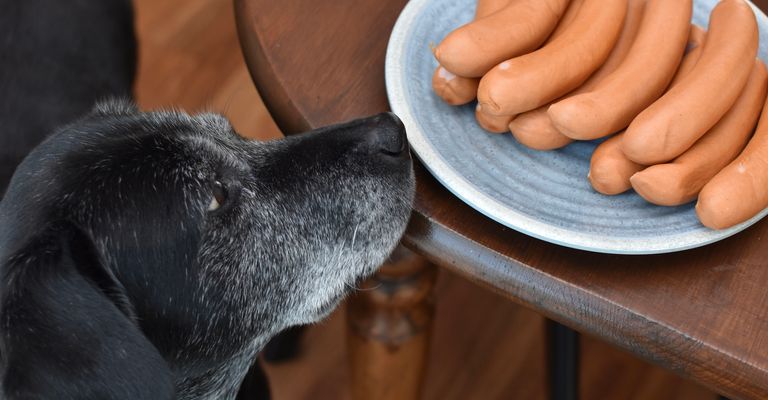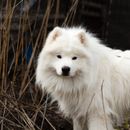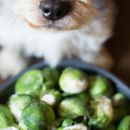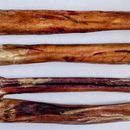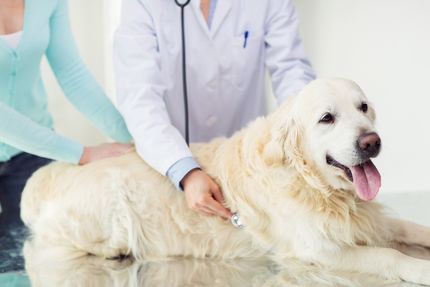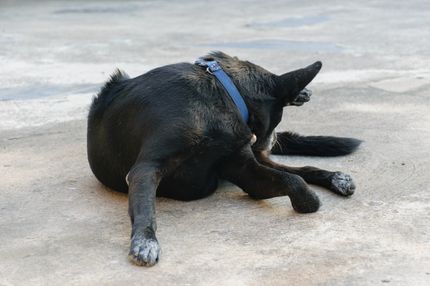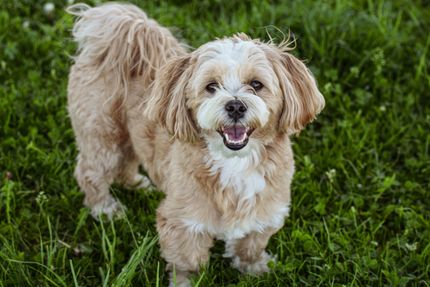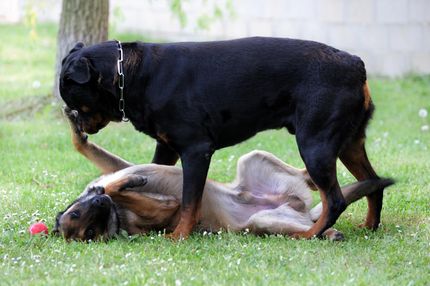As a dog owner, you are often faced with the question of whether certain foods are suitable for your four-legged friend or not. Sausage and ham are popular foods in many households, but are they healthy options for dogs? In this blog post, you can find out more about the ingredients of sausage and ham, as well as the advantages and disadvantages they bring to your dog's diet.
Ingredients of sausage and ham
Sausage and ham are processed meat products that can be made from different parts of the pig. Typical ingredients are:
- Meat: The main ingredient. The meat can be of varying quality, depending on the producer.
- Salt: Sausage and ham often contain high amounts of salt, which is not healthy for dogs.
- Spices: Many sausages contain onions, garlic or other spices, which can be harmful to dogs.
- Preservatives: Nitrates or nitrites are commonly used preservatives in these products, which can form potentially carcinogenic nitrosamines.
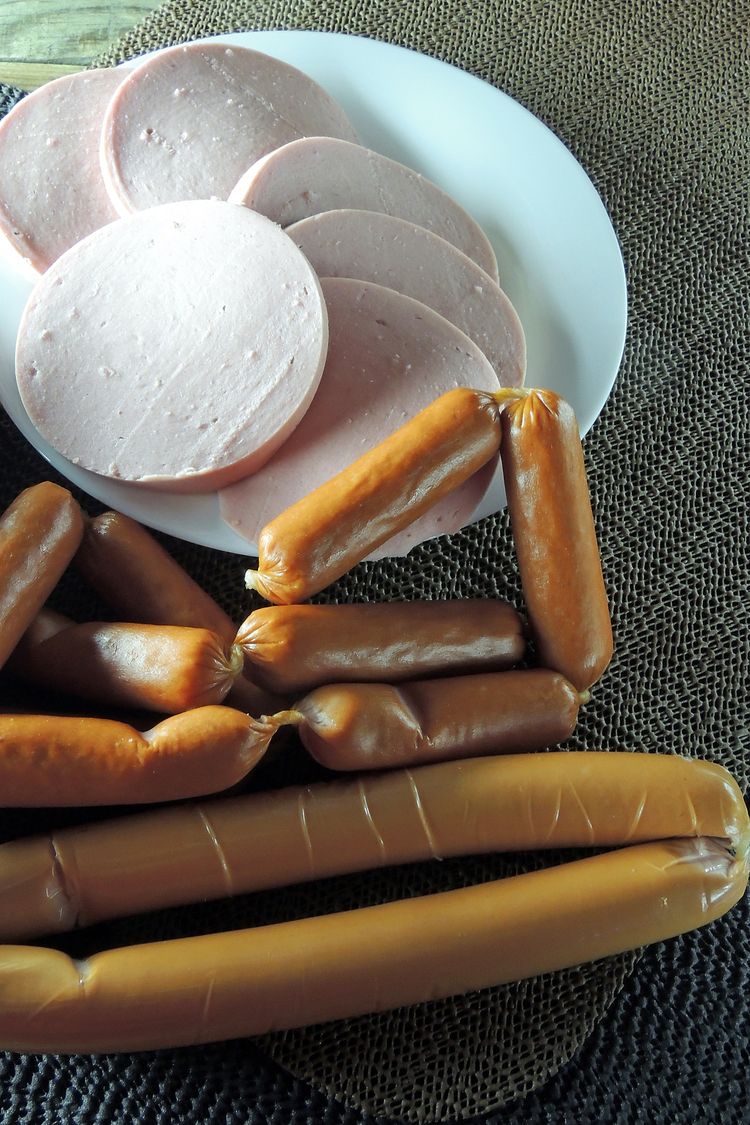
Benefits of sausage and ham in the dog diet
There are few benefits that sausage and ham could provide for dogs:
- Protein source: meat is a good source of protein, however, there are healthier and safer ways to give your dog protein.
- Taste: No question, many dogs love the taste of sausage and ham, which could make it a good reward snack in small amounts. Especially in training, it can be very helpful if you use sausages and ham pieces instead of normal treats from time to time - this gives more incentive and sometimes achieves better results in training.
Disadvantages and dangers of your dog eating too much sausage and ham
However, the disadvantages and potential dangers of sausage and ham for dogs outweigh the benefits:
- High salt content: too much salt can lead to serious health problems in dogs, including kidney damage and high blood pressure.
- Spices and onions: These can be toxic to dogs and lead to anemia and other health problems.
- Preservatives: The chemicals used to preserve sausage and ham can increase the risk of cancer.
- Fat content: High fat content can lead to pancreatitis and obesity.
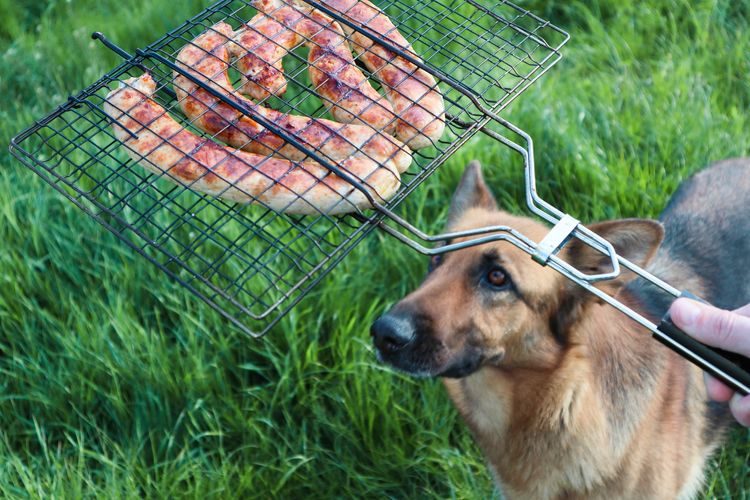
Recommendations for dog owners
- Avoid giving your dog large amounts of sausage and ham. These foods are not necessary for his diet and can do more harm than good.
- Look for healthier alternatives. Fresh, lean meat without spices or salt is a much better source of protein for your dog.
- Watch portion sizes. If you decide to give your dog the occasional sausage or ham treat, it should only be in very small amounts.
Although sausage and ham can be tempting, especially if your dog drools at the sight of them, it's important to realize that they offer more risks than benefits. There are many other healthier and safer ways to feed your dog and keep him happy. Always be mindful of what you feed your dog and consult your vet if you are unsure. This will ensure that your dog can live a long, healthy and happy life.
